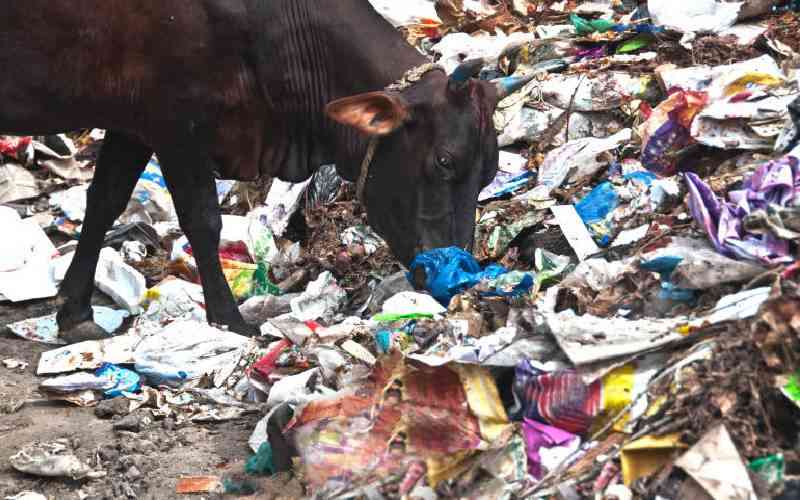
Environment stakeholders have called for solutions to plastic pollution. Speaking during celebrations to mark World Environment Day in Nakuru, they said while Kenya remains crucial in global efforts to ban plastics, challenges still exist.
"Seven years down the line and having also banned all forms of plastics in our gazetted areas, Kenya is still grappling with plastic pollution from other forms of plastics as well as influx of illegal plastics still finding their way into the country," said NEMA Director General Mamo B Mamo said.